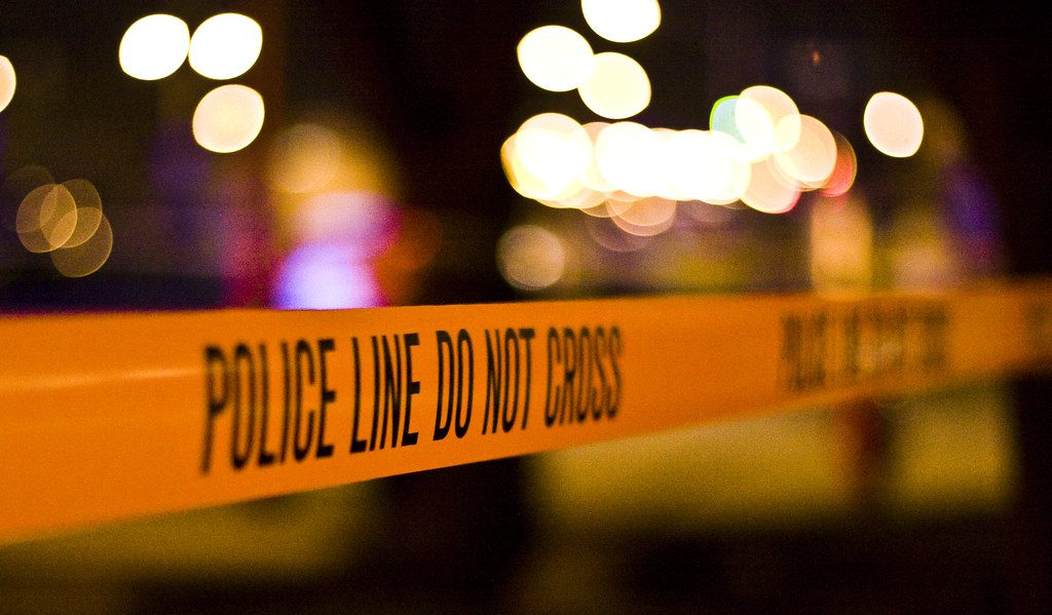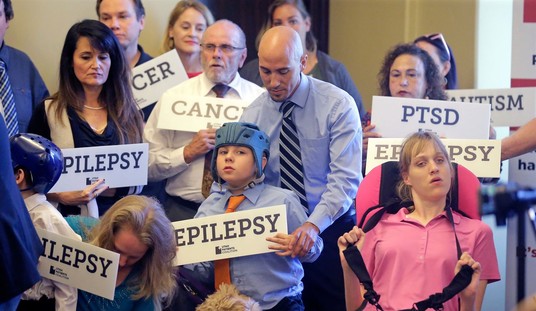When people get arrested, there are limits to how long they can be held without charges. There’s a whole process, and part of that is the idea of cash bail. Without it, jails basically turn into revolving doors. There’s little way to deter repeat offenses prior to sentencing, which takes far more time than most of us would like.
Yet there’s been a recent push to end cash bail.
This has come up again as Campus Reform, which monitors academics for leftist bias, reports that an LA professor has joined a lawsuit calling on ending the notion of cash bail.
Rabbi and Rabbinic Literature Professor Aryeh Cohen of the American Jewish University is pushing back against using cash bail in Los Angeles, Calif., and other major American cities. In April, Cohen joined other religious officials in suing the County and City of Los Angeles, as well as the Los Angeles Police Department.
In May, a judge ordered a preliminary injunction resulting in the reinstatement of a county ban on the use of cash bail that was first enacted during the COVID-19 pandemic. Before its expiration in July 2022, the ban on cash bail applied primarily to those arrested for misdemeanors like theft and drug use to reduce the alleged overcrowding of prisons.
In Los Angeles, where American Jewish University is located, the overall crime rate rose by 11% from 2021 to 2022.
…
In a recent op-ed for LGBTQ news site, the Los Angeles Blade, Cohen argued that cash bail is not only “unconstitutional,” but also “unjust.”
“Our criminal legal system is tainted. It is broken. It is unjust,” he wrote.
Is the idea of cash bail really unjust, though?
I mean, I understand the arguments–and there actually are issues with the concept of requiring someone to pay for their freedom–but there are a few things Cohen may not really be thinking about.
For one, there’s not really anything in the Constitution forbidding such a thing, for one thing. Granted, there’s nothing requiring it, either, but the idea of making people pay cash to be released from jail pending their trail goes back in this nation well before the founding. Originally based on the English bail system, many colonies had their own version codified into law.
Following independence, other states followed suit, passing their own such laws around 1776.
That’s well before the Constitution was ratified.
Now, the reason that’s relevant is that if the Founding Fathers saw an issue with cash bail, they could have acted. The fact that they didn’t is telling.
As for today, though, there’s an important thing to consider. About the time we started seeing a strong push for an end to cash bail, we also started seeing a surge in violent crime.
Now, I know that correlation doesn’t equal causation by any stretch of the imagination. Crime is a complicated thing and it’s easy to look for simplistic reasons. Ending cash bail in some places isn’t solely responsible for an uptick in violent crime.
But you’re not going to convince me that ending it will help, either.
The long-held theory was that people who pay cash for their release would be less likely to flee, but one would also imagine it would act as a deterrent to repeatedly offending while waiting trial. That alone would crush the idea that we should put an end to cashless bail.
Then again, some people are just pro-criminal and it shows.








Join the conversation as a VIP Member